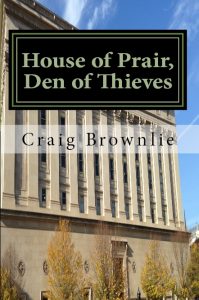Read the notes! Buy the book!
As is apparent from comments that I have made elsewhere, I like private eye mysteries. When I sat down to write my first novel, the genre seemed like a natural for my initial venture into long form fiction. I had written for the theater, so the length was not off-putting. Otherwise, I had worked mainly in short stories and poetry. The advantage, I thought, to a private eye mystery was that I would be working in a form that gave me structure as well as a few tropes that I could rely upon as I found my way.
Unfortunately, I was the person who sat in the audience and wondered why the playwright couldn’t just have Hamlet go straight to his step-father and kill him. That would make for an interesting story, too. His mother might just accept that outcome. Polonius was never going to complain about much. Laertes might object, but only until Hamlet takes Ophelia’s hand and makes her queen. Of course, it would be utter crap as a psychological analysis and it really doesn’t sing as potential poetry.
So, instead, I started writing a mystery novel. Being me, I immediately tried to subvert all the usual private detective requirements. The archetype is not too far afield from a knight in shining armor. He has just enough wisdom to get out of trouble and the gumption necessary to find the trouble in the first place.
I created a “private detective”
who has quit the business. He has left the environment where he might have known his way around- maybe even pushed out of town by a dame. He has no office, leaving little hope of those classic scenes where Marlowe finds his next client waiting for him.

Then, there is always the question of whether or not the plot of the story would have happened with or without the actions of the protagonist. Chandler made Marlowe integral to the forward movement, but it is a question worth asking about a lot of detective mysteries.
Morgan Prair is more passive than most, though he is certainly not the first reluctant investigator. In the end, the villains of the piece only suffer because of Prair’s involvement. I do think the wrong man was going to be convicted of at least one murder without Morgan’s assistance.
More than cozy mysteries, private eye mysteries have often come out of a writer’s desire to comment on the world around them. By moving through their investigation, they uncover the shameful and the ignorant. I tried to honor that though I admit that I may have missed the mark. Twenty five years on, I might be even angrier about some of the issues I highlight.
The sequel, Prair for Mercy, goes more directly into issues of right and wrong. I hope you find this first book enjoyable enough to follow along.
